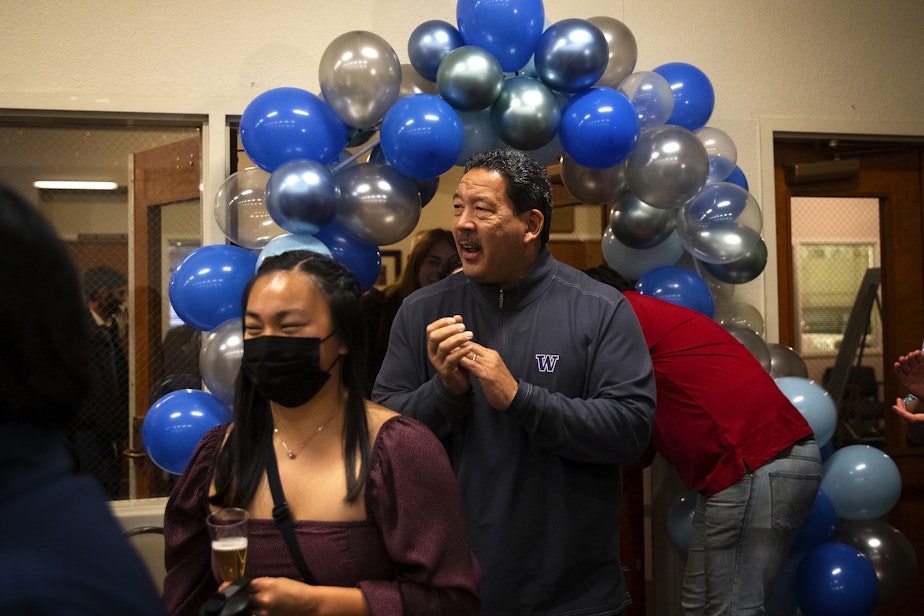Mayor Harrell declares victory for Seattle's new housing levy

Seattle Mayor Bruce Harrell and other leaders are declaring victory for the city's affordable housing levy after initial ballot counts show it leading with voter approval.
"I’m inspired by the continued support voters show towards creating more equitable, resilient, and healthy communities,” Seattle City Councilmember Teresa Mosqueda said in a statement. “Since the passage of our first-in-the-nation Housing Levy, Seattle’s successes through our Housing Levy investments are clear — more than 16,000 people estimated to live in Levy-supported homes at any given time, investments in first-time homeownership opportunities, and housing stability for thousands of families and individuals — who are our neighbors, the workers, and the communities who make up the fabric of our city. This levy will build on these successes and provide more support to stabilize the workforce serving our most vulnerable neighbors."
RELATED: Why housing is on the ballot in Seattle and Tacoma this year
The city's current housing levy will expire at the end of 2023. Seattle's replacement housing levy was passing with 66% after the first ballot count Tuesday evening (the percentage will change as more votes are counted in the days ahead).
The new $970 million, seven-year levy will spend money in several different areas. These are just estimates, but backers expect it could build more than 3,000 apartments. The levy will buy some older apartment buildings too, and invest in workers who keep up that housing.
A small fraction of the money will help people with down payments for a home purchase. Home ownership builds wealth, and some families, especially Black families, have historically had a harder time getting loans.
Sponsored
Passage of the levy was never in doubt, as there was no organized campaign against it.
Roger Valdez wrote the statement arguing against the levy. He told KUOW that he did so only because no one else stepped up.
"I've been pleased that having written the statement," Valdez said, "there has been some discussion about the costs of subsidized housing,"
Voter support for the levy is also not surprising since Seattle voters have passed housing levies for almost 40 years. Public officials have come to rely on it. This new levy is just a piece of the housing funding puzzle.
Sponsored
It’s a little misleading to point to a building and say “the housing levy paid for that.” That’s because Seattle's affordable housing projects use money from a variety of sources called a “capital stack.” There's are more funding sources that feed that stack than there used to be, from the JumpStart payroll tax to developer fees, as well as a growing purse of money from Olympia.
That would mean a lot more housing, but it doesn’t mean as much as you might expect, because costs have risen too.





